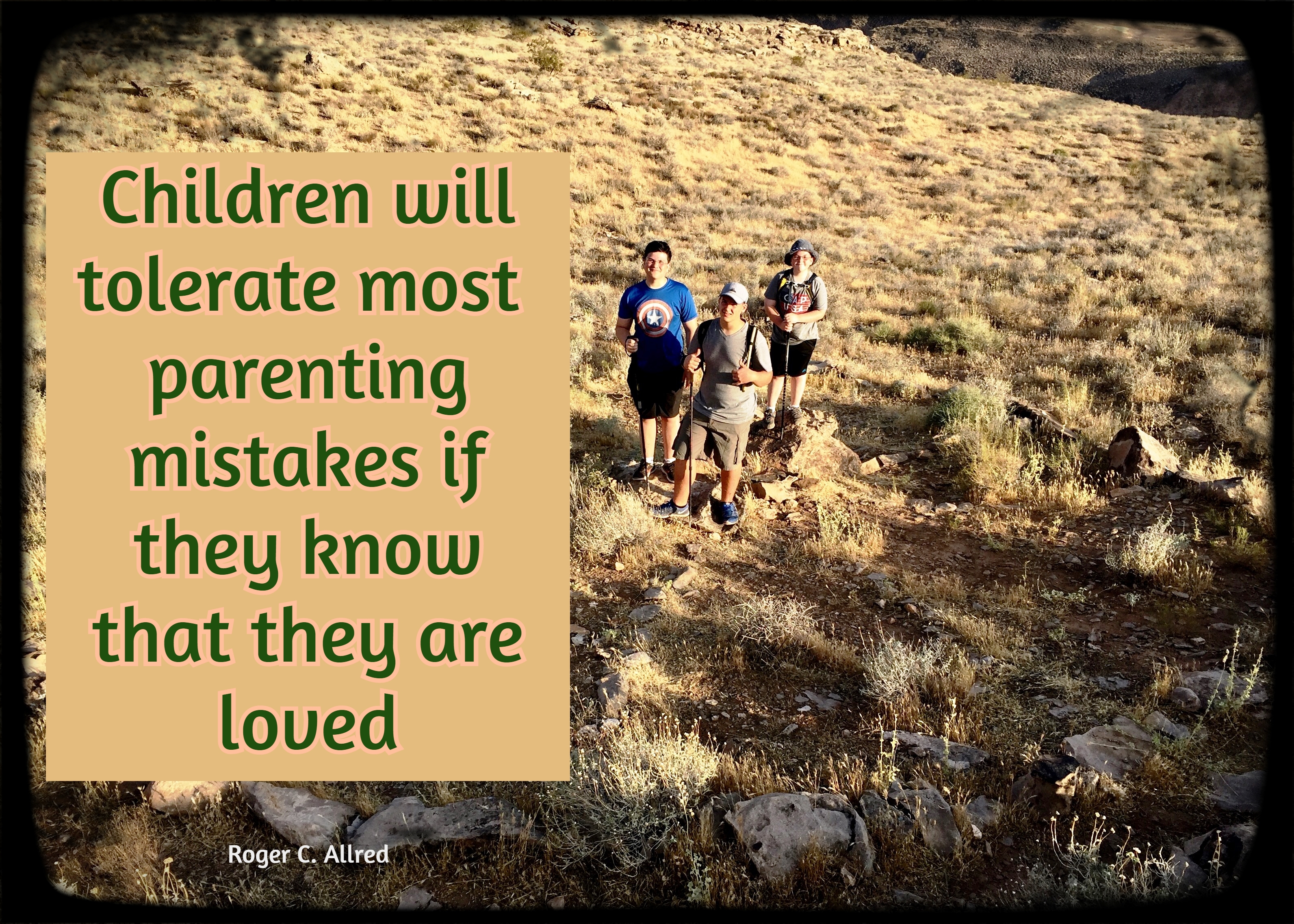 Before I was married I had three theories about raising children. Now I have three children and no theories.
Before I was married I had three theories about raising children. Now I have three children and no theories.
John Wilmot, Earl of Rochester (1647-1680)
Having children is a great way to refute naive opinions of how to properly raise a child. Children are people and people are different. Each situation is different. Therefore, there is no patently correct answer to every child or every situation. However, there are some underlying truths that never change. These must be the bedrock of our approach to unique people in unique situations. I am convinced that the following are the foundation upon which we must build our family, if we are to be successful in creating a legacy of a happy family.
- Eliminate pride in our relationships. Most loving parents intuitively know how to raise their children. The problems arise when we stop listening to our hearts and start satisfying our own pride and selfishness. Most marriages fail and most parents lose touch with their kids because of pride and selfishness. Rather than trying to solve a problem in a loving manner, many times we harden our hearts and act in a way that only serves to protect our ego. I can write authoritatively on this subject because I do it with greater frequency that I care to admit.
- Understand the importance of a father and mother role model. Thankfully, mothers usually act in the best interest of their children. Many children do not have an attentive father, because he is absent or he is involved in other activities that he considers to be more important. This role needs to be filled by someone, even if it is an uncle, church leader, Scoutmaster, family friend, etc. Having a good father and mother role model will increase the likelihood that the child will have the perspective necessary to be a successful spouse, parent and person.
- Teach our children with love. Nothing is more important than love in any human relationship. Loving our children comes naturally to most parents. To love is not to compromise the truth, nor to spoil or coddle, nor to condone inappropriate behavior. We follow the example of Jesus Christ when we love the sinner but condemn the sin.
The important thing to remember is to convert the love we feel into what we do and say. Our children will tolerate a lot of our mistakes if they know that we love them. We have all seen wayward children return to goodness after realizing that their parents still loved them in spite of their bad behavior. They usually do not come back if the parents do not reach out to them with love.
“The home is the first and most effective place for children to learn the lessons of life: truth, honor, virtue, self-control; the value of education, honest work, and the purpose and privilege of life. Nothing can take the place of home in rearing and teaching children, and no other success can compensate for failure in the home” – David O. McKay
If our homes are truly the university of life for our children, we must be prepared and willing to teach. If success in our home is the most important success in life, we must devote as much time as is necessary to achieve the desired result.

